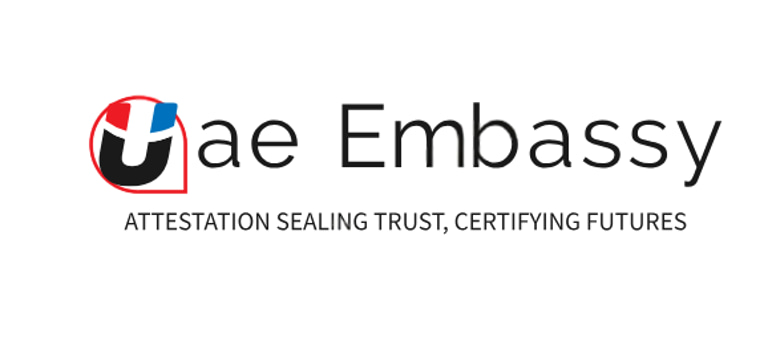Top Apostille Mistakes to Avoid "apostille document requirements"
Discover the common mistakes to avoid when using apostille services. Learn about apostille document requirements and ensure your documents are processed correctly for international use.
6/11/20252 min read


Understanding Apostille: The Basics
An apostille is a certification that authenticates the origin of a public document for use in foreign countries. The process aims to ease the legal requirements when submitting official documents abroad. However, many individuals and organizations encounter various pitfalls during this procedure. In this blog post, we will explore the common mistakes to avoid when getting your documents apostilled, ensuring a smoother experience.
Neglecting to Verify Document Eligibility
One significant error is failing to verify whether your document is eligible for apostille. Not all documents can be apostilled, and eligibility varies based on the country issued and the type of document. Personal documents, such as birth certificates or marriage licenses, and legal documents like court orders usually qualify. However, business or commercial documents might not. Prior to starting the apostillation process, it’s imperative to check which documents are acceptable under the guidelines of the Hague Apostille Convention.
Improper Preparation of Documents
Another frequent mistake arises from inadequate preparation of the documents. Apostille requests often require that documents are notarized before they can be apostilled. If the notarization is not correctly executed, the document may be rejected during the process. Additionally, ensure that the document is complete, with no missing pages or signatures, and in good physical condition. An improper or damaged document can lead to unnecessary delays and complications in obtaining an apostille.
Ignoring Specific Requirements by Country
Each country may have specific requirements regarding apostilled documents. Ignoring these unique requirements can be detrimental. For instance, some nations might require additional certifications or translations into their official language. Researching the guidelines or consulting a reliable service that specializes in apostille procedures for the specific country is prudent. Understanding these nuances can save time and prevent frustrations when dealing with international document legalization.
Timing and Planning Missteps
Many people underestimate the time involved in the apostille process. Not planning adequately for the necessary time can lead to crises, especially when you need to meet deadlines. To avoid this, it is crucial to account for potential processing delays or additional requirements for your documents. Start the apostille process well in advance of any critical deadlines to avoid unnecessary stress.
Overlooking the Service Provider's Credentials
Choosing the right service provider for apostille services is vital. A common mistake is overlooking the credentials or reviewing customer feedback. Various companies offer these services, but not all are equally competent or reliable. Always verify the provider's reputation and check reviews or testimonials to ensure that you select a trustworthy partner for your apostillation needs.
Conclusion
Obtaining an apostille can be a straightforward process when approached with care and knowledge. By avoiding these common mistakes, you can streamline the process and ensure that your documents are appropriately prepared for international use. In summary, always verify the document’s eligibility, prepare them properly, adhere to specific country requirements, plan accordingly for timing, and select a reputable service provider. Doing so will significantly enhance your chances of a smooth apostille process.
